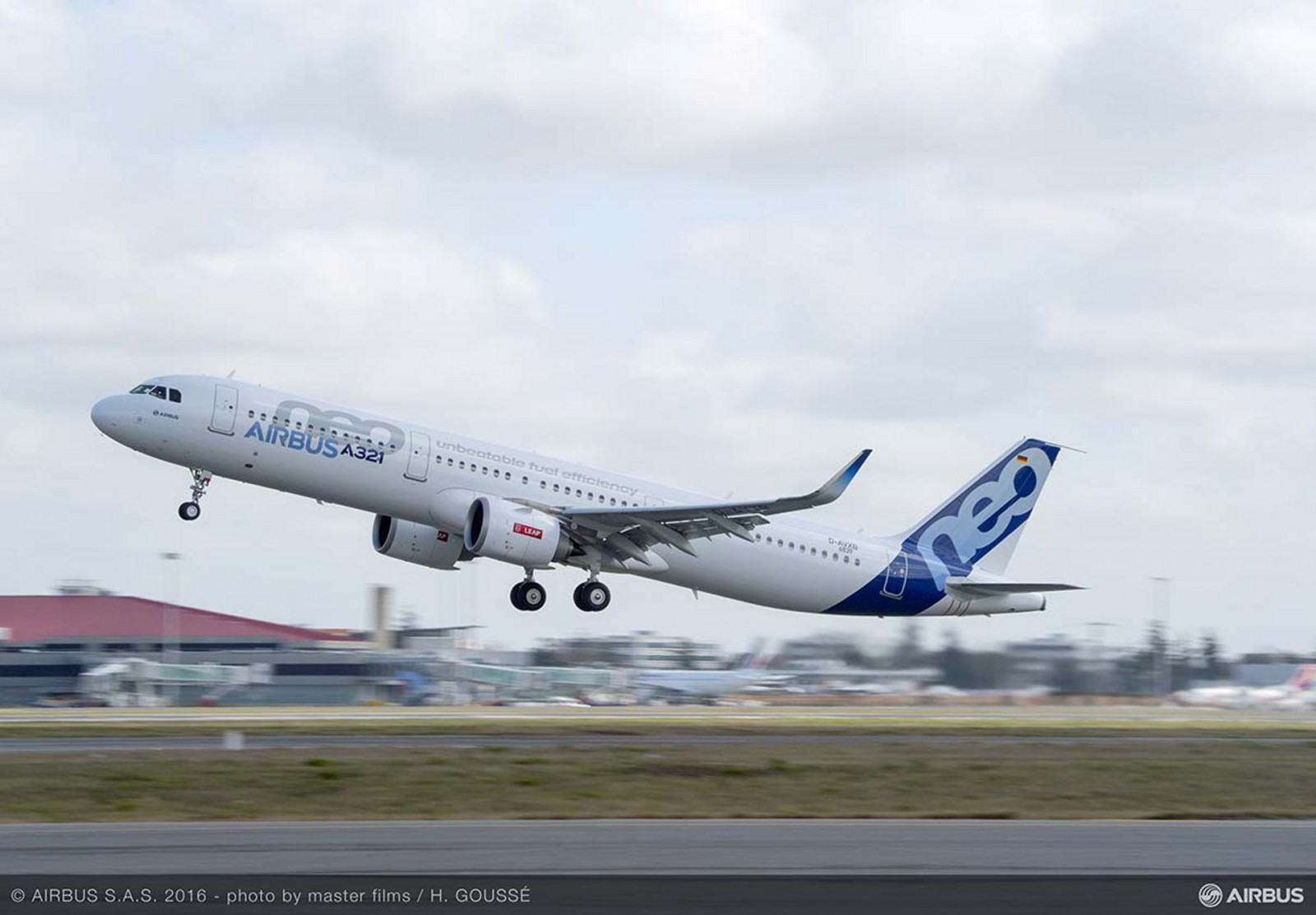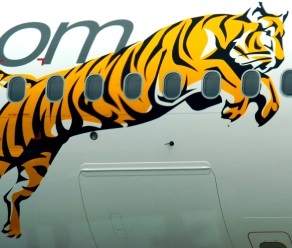Optimistic Airbus boosts new aircraft forecast
18 September, 2019
2 min read


Airbus has boosted its forecast of the number of new aircraft airlines and freight companies will need over the next two decades to 39,210, despite a slight downgrade in its traffic forecast.
This new prediction is slightly higher than its 2018 estimate of 37.400 aircraft while the projected annual traffic growth is down from 4.4 percent last year to 4.3 percent in the latest forecast.
READ: Delta looks to power planes using forest debris.
The increase will see the world's passenger and freighter aircraft fleet more than double from almost 23,000 today to almost 48,000 by 2038.
The revised forecast reflects the manufacturer’s belief in the industry’s ability to survive short-term global shocks and its view more operators will choose to renew aircraft to take advantage of increased fuel efficiency to help meet carbon reduction goals.
It estimates some 8,470 aircraft in service today will still be flying in 2038.
Changes in technology and the way airlines are using aircraft have also prompted Airbus to change its segmentation to take into account range, capacity and mission type.
This means a short-haul A321 is considered a small aircraft while a long-haul A321LR or XLR can be categorized as medium. Similarly, the A330 can sit in the medium and large segments.
Of the new aircraft, Airbus predicts 25,000 aircraft will be needed for growth and 14,210 will replace older models with newer ones offering superior efficiency.
With the new planes will come new jobs and Airbus is predicting the need over the next two decades for 550,000 new pilots and 640,000 new technicians.
“The 4 percent annual growth reflects the resilient nature of aviation, weathering short term economic shocks and geopolitical disturbances,“ said Airbus chief commercial officer Christian Scherer.
“Globally, commercial aviation stimulates GDP growth and supports 65 million livelihoods, demonstrating the immense benefits our business brings to all societies and global trade.”
Next Article
3 min read
Virgin gets nod for Tiger deal

Get the latest news and updates straight to your inbox
No spam, no hassle, no fuss, just airline news direct to you.
By joining our newsletter, you agree to our Privacy Policy
Find us on social media
Comments
No comments yet, be the first to write one.
